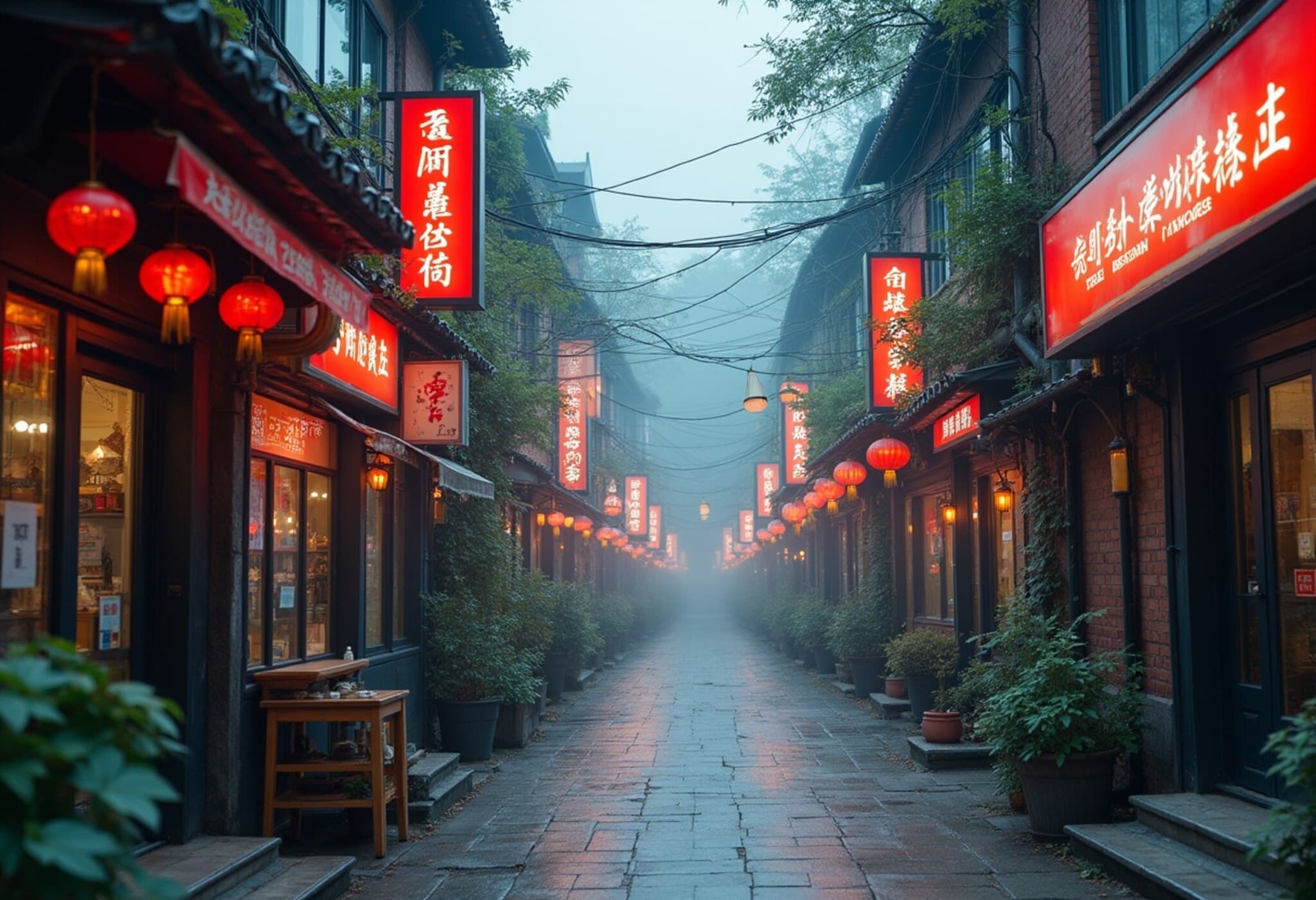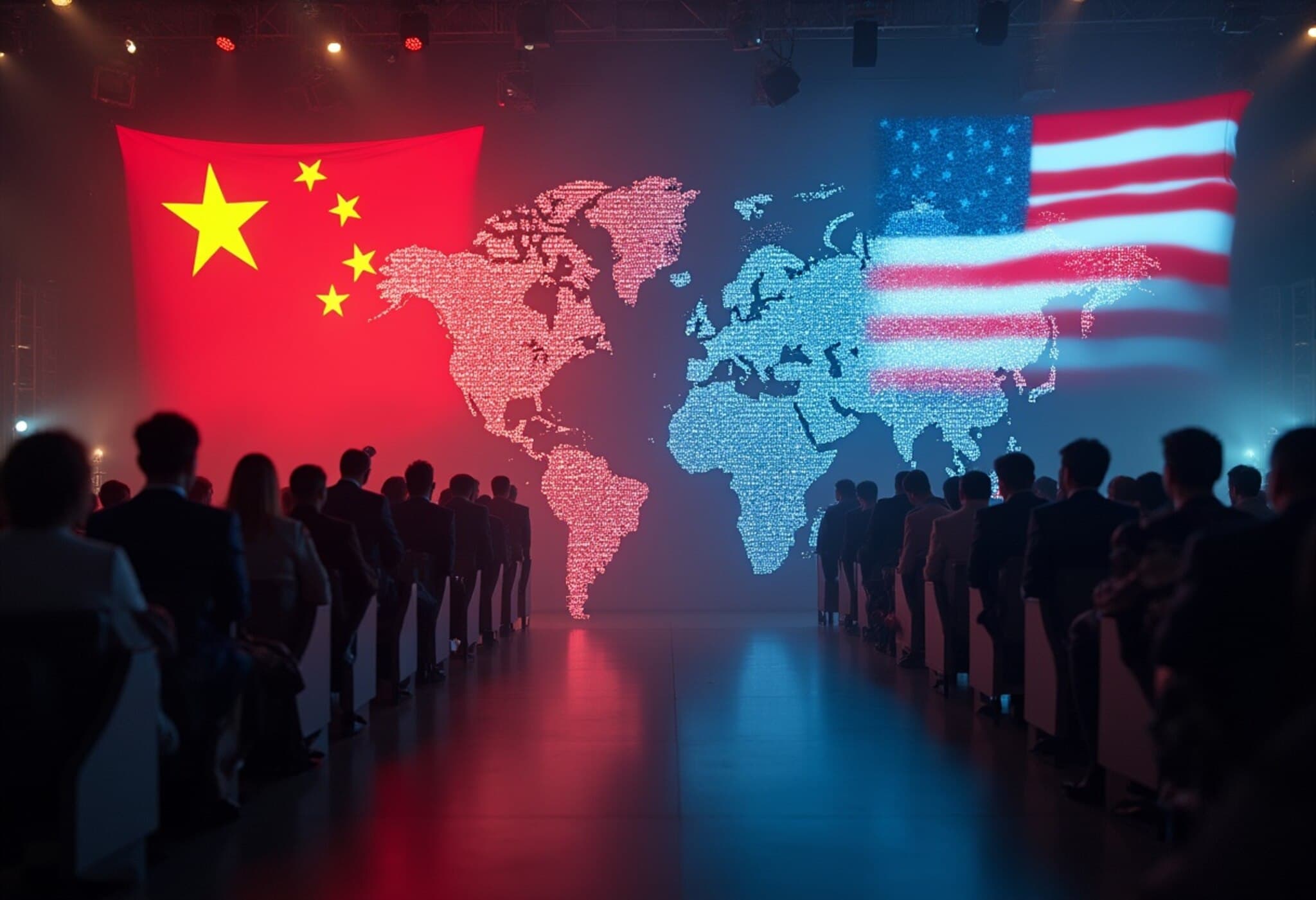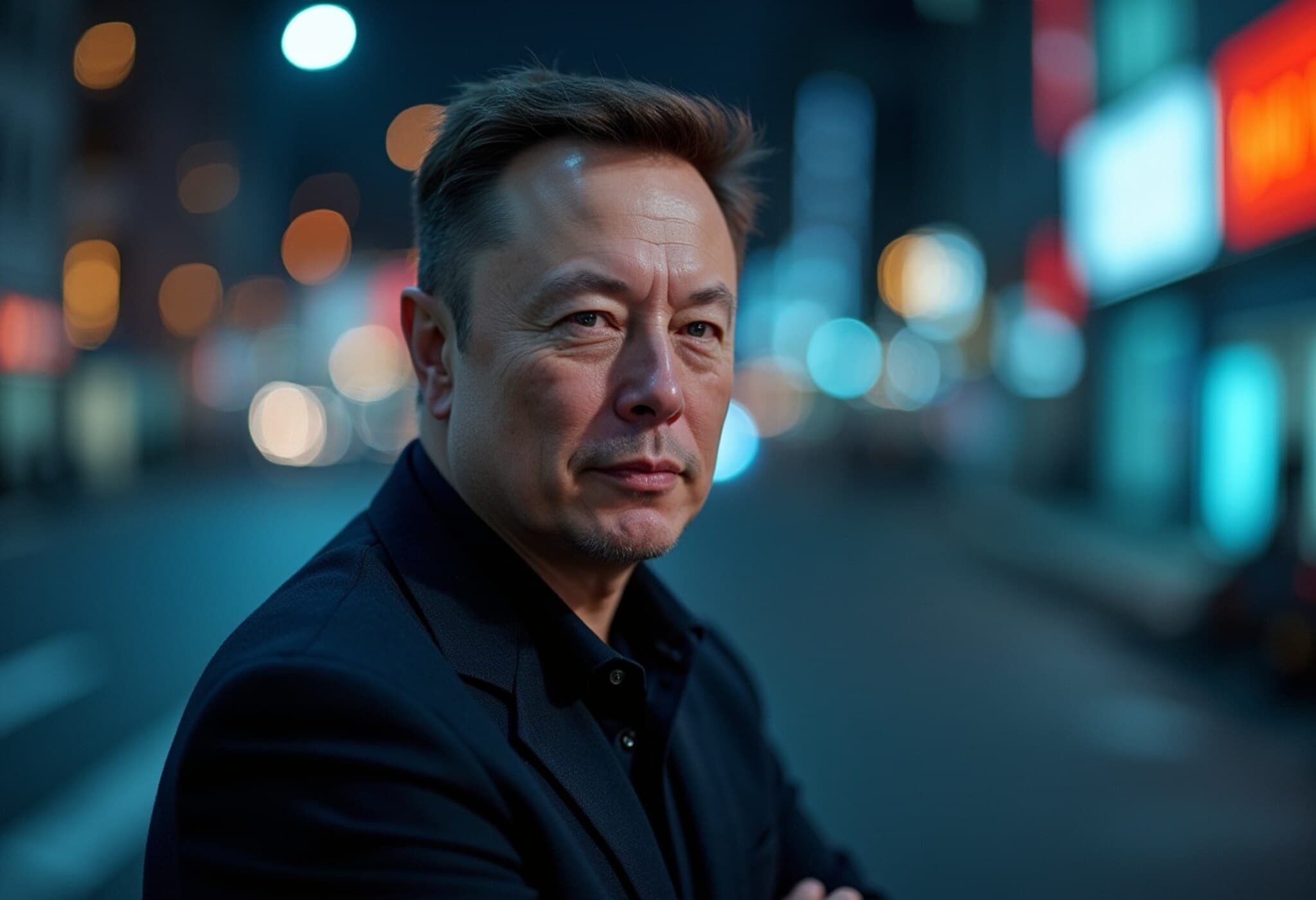Liangzhu: The Rising Heart of China’s AI Revolution
On a bright Saturday afternoon in Liangzhu, a quiet suburban neighborhood of Hangzhou, dozens of young entrepreneurs gather informally, laptops open, ideas flowing, and dreams taking shape. The scene—vintage Silicon Valley vibes with strawberry Frappuccinos and drones buzzing overhead—is anything but typical for a place often overlooked on the world tech map. Yet, this 'coder village' is fast becoming the crucible for China’s burgeoning artificial intelligence (AI) ecosystem.
Felix Tao, a 36-year-old former engineer from Facebook and Alibaba, hosts these gatherings in his backyard. "People come here to explore their own possibilities," Tao remarks, encapsulating the spirit of Liangzhu—where innovation thrives amid affordable rents, unparalleled community spirit, and proximity to tech giants like Alibaba and DeepSeek.
The Policy Backbone: Government Incentives Fuel Startup Growth
Over the past decade, Hangzhou’s local and provincial governments have played a decisive role in propelling the city’s tech surge. Through targeted subsidies and attractive tax breaks, hundreds of startups have found fertile ground to grow. These policies transformed Hangzhou into a magnetic hub, drawing talent from Beijing, Shanghai, and Shenzhen—all converging to collaborate, innovate, and carve out their own niches in AI.
This ecosystem’s strength lies not just in capital or infrastructure, but in human ambition. Many Liangzhu coders, often in their 20s and 30s, dub themselves "villagers," a nod to their close-knit, grassroots origins. They write code in cozy coffee shops by day and unwind with gaming sessions by night—bonding over a shared dream to harness AI for transformative startups.
From Zhejiang University To Global Recognitions
Hangzhou boasts a lineage of powerhouse companies, including Alibaba, DeepSeek, NetEase, and Hikvision. DeepSeek, in particular, stunned the tech world earlier this year by unveiling an AI system produced at a fraction of the cost Silicon Valley counterparts spent—democratizing AI by releasing top-tier open source models accessible to tens of thousands of developers worldwide.
Graduates from Zhejiang University, where DeepSeek's founder studied, have become highly coveted in the Chinese tech scene, reinforcing a virtuous cycle of talent breeding innovation. In Liangzhu, there's palpable anticipation as many engineers tactically bide their time, navigating noncompete contracts with larger firms like ByteDance before launching their own enterprises.
Challenges: Navigating Government Support and Global Market Realities
While government support has fueled Liangzhu’s rise, it also presents a double-edged sword. Several founders expressed concerns that the reliance on state funding complicates attracting foreign venture capital, a vital ingredient for scaling globally.
These entrepreneurs face a critical crossroads: accept government backing and focus on the lucrative but restrictive domestic market, or seek independent capital to expand internationally. For most, the former remains the pragmatic route despite its trade-offs, especially amid geopolitical tensions and scrutiny around Chinese firms' ties to state agencies—highlighted by ByteDance’s recent Congressional hearings in the U.S.
The Chip Dilemma: A Technological Bottleneck
Access to advanced computer chips also casts a long shadow over Hangzhou’s AI ambitions. U.S. export controls have curtailed Chinese companies’ ability to procure top-tier semiconductors critical for AI processing.
Domestic giants like Huawei and Semiconductor Manufacturing International Corporation race to close this gap, but their technology lags behind American manufacturers like Nvidia. The uncertainty around chip availability and performance could throttle the pace of innovation or push startups to innovate around these constraints.
Agentic AI and the Human Touch
Hangzhou’s innovators are embracing a fascinating paradigm known as "agentic AI"—smart systems with autonomous decision-making capacity. Qian Roy, founder of digital companion app All Time, uses AI infused with personality tests like Myers-Briggs to create emotionally responsive experiences for young users.
Similarly, Tao’s startup Mindverse aims beyond mere task automation; its AI sends personalized supportive messages to colleagues and families, striving to free mental space and foster human connection in an increasingly digital world.
Community, Creativity, and Culture
The spirit of Liangzhu is as much cultural as technological. Perched on the banks of a lake that once inspired Chinese poets and painters, the neighborhood thrives on creativity sparked by camaraderie. Ventures like Lin Yuanlin’s Zeabur offer back-end software solutions powered by AI, and the collaborative atmosphere means new ideas are often tested just steps away—from coffee shops to casual chats with neighbors.
Community events—like recent screenings of "The Matrix"—offer more than entertainment. The film’s themes of breaking free from pervasive systems resonate deeply with these young pioneers, fueling their tenacity to carve out independent paths in a system often described as rigid.
A New Kind of Entrepreneurial Courage
For many in Liangzhu, a career in tech entrepreneurship contradicts traditional expectations in China. "Many are super brave to explore their own ways," Tao notes, celebrating the courage required to deviate from conventional life trajectories and chase uncertain but transformative dreams.
Looking Ahead: Liangzhu’s Place in the Global AI Landscape
As global competition intensifies in AI innovation—anchored by tech titans in the U.S. and China—Liangzhu embodies a unique experiment blending grassroots creativity with state policy and market realities. Its success signals China's determination to close the AI gap while revealing the complexities that arise when innovation intertwines with political and economic forces.
Will Liangzhu’s "villagers" break through geopolitical barriers to disrupt global AI dominance? Or will external constraints shape their trajectory inward? What emerges from this Chinese coder village could redefine the next chapter of AI development worldwide.
Editor’s Note
Liangzhu’s rise is a compelling study in how government policy, cultural nuance, and entrepreneurial grit collide in today's high-stakes AI race. While much attention focuses on headline-grabbing U.S.-China competition, the day-to-day realities of places like Liangzhu shape the engine beneath the headlines. Observers should watch how these grassroots AI innovators balance accelerating innovation with the geopolitical forces shaping their opportunities and challenges. Their journey underscores a vital truth of the 21st-century technology landscape: true innovation is as much about human determination and community as about patents and capital.













